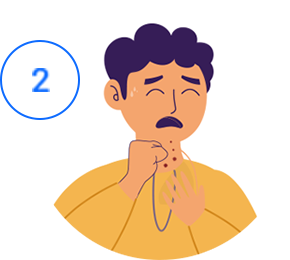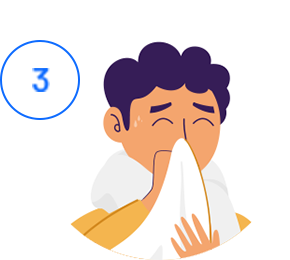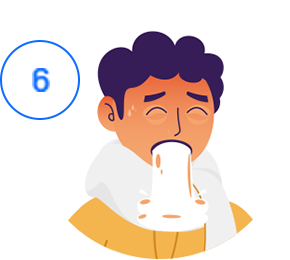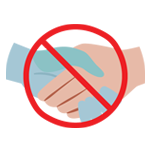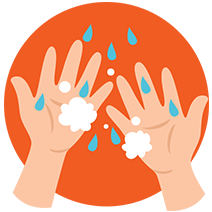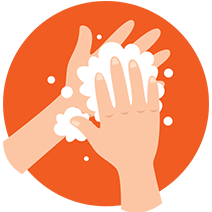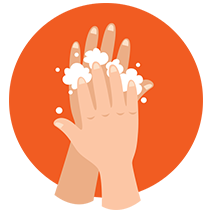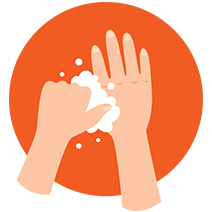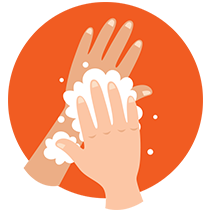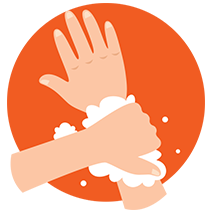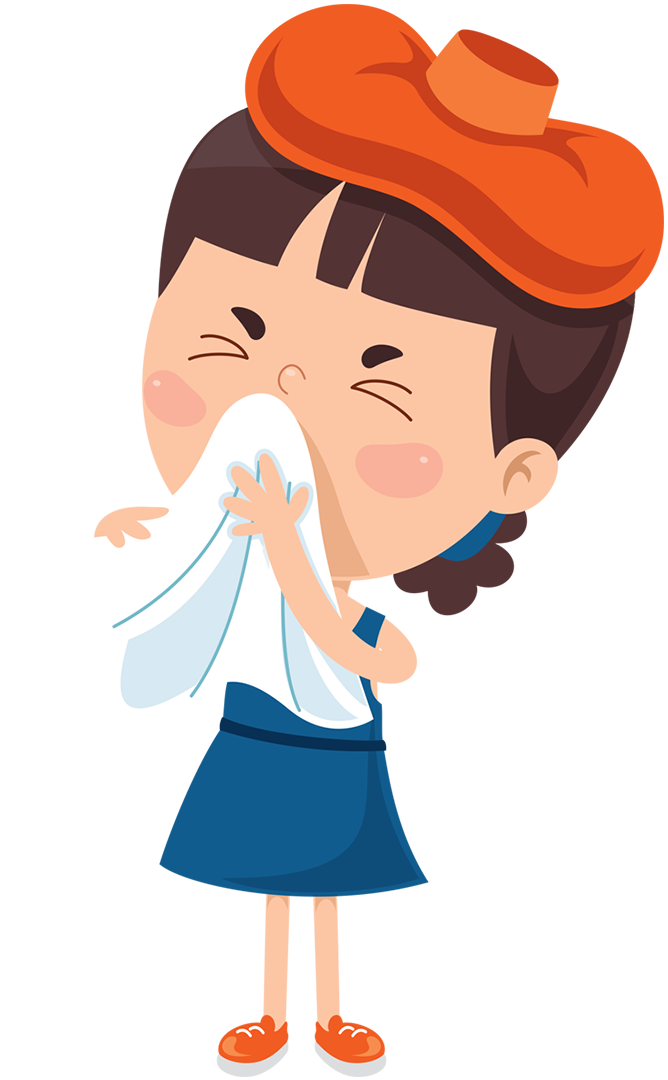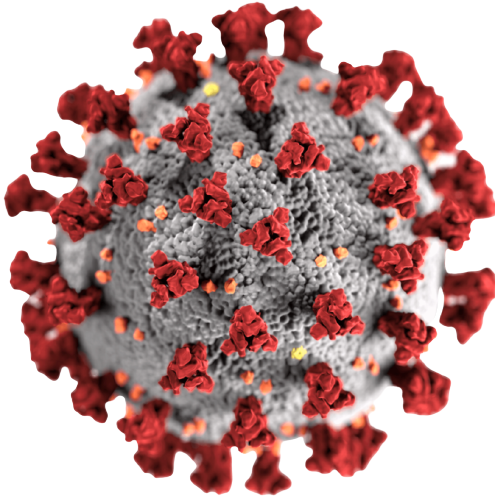
how to prevent virus
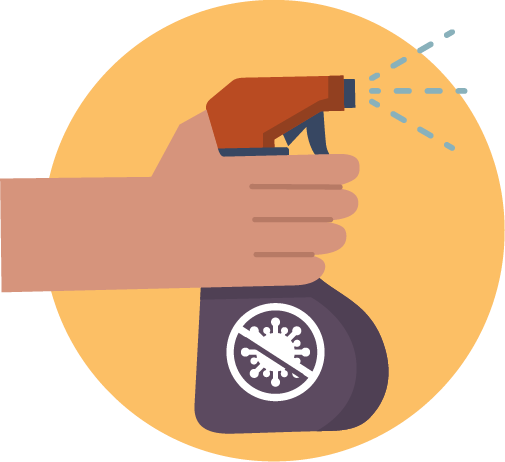
wash your place
Every home is different, but common high-touch surfaces include: Door handles, tables, chairs, handrails, kitchen and bathroom surfaces, taps, toilets, light switches, mobile phones, computers, tablets, keyboards, remote controls, game controllers and favourite toys.first clean it with soap or detergent and water. Then use a disinfectant product containing alcohol (of around 70 per cent) or bleach.
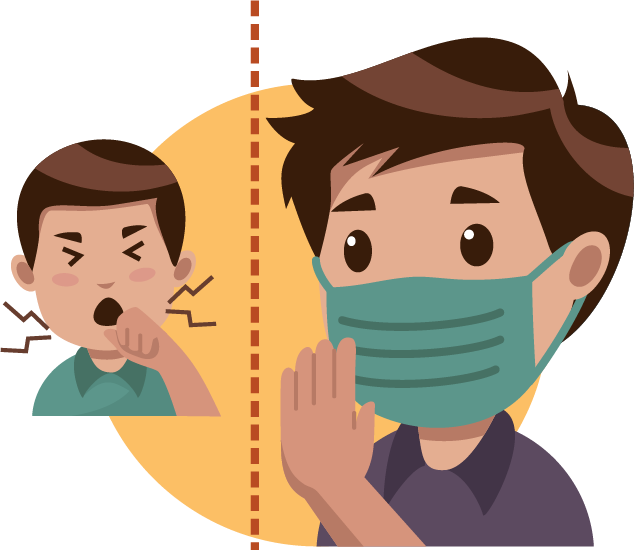
maintain distance
What to do to keep yourself and others safe from COVID-19 Maintain at least a 1-metre distance between yourself and others to reduce your risk of infection when they cough, sneeze or speak. Maintain an even greater distance between yourself and others when indoors. The further away, the better.

don't touch face
To reduce the spread of the novel coronavirus (COVID-19), experts recommend that you not touch your face because the virus is transmitted through mucous membranes in the mouth, nose and eyes.. This is in addition to other virus prevention steps such as washing your hands frequently, practicing social distancing and using a homemade face mask.
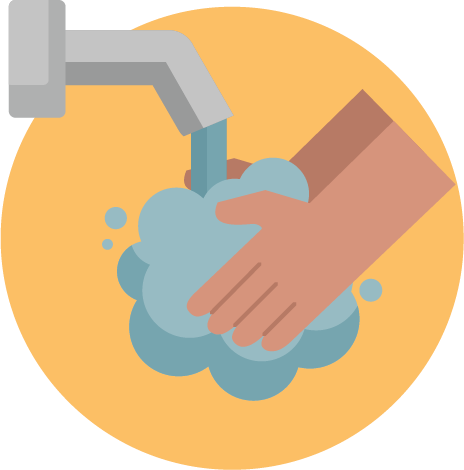
wash your hand
Frequent and vigorous hand washing is one of the most common prevention methods. Hammond said that the effectiveness of hand washing is related to how hard you scrub, but that the process still takes time even when done correctly. Until now it was said that the ideal was to wash your hands between 40 and 60 seconds.

use napkin
Sneeze into your elbow You might have missed it but WHO suggests everyone cough or sneeze into elbows. Or if not that, simply cover your nose and mouth with a napkin, tissue or handkerchief while sneezing and coughing..
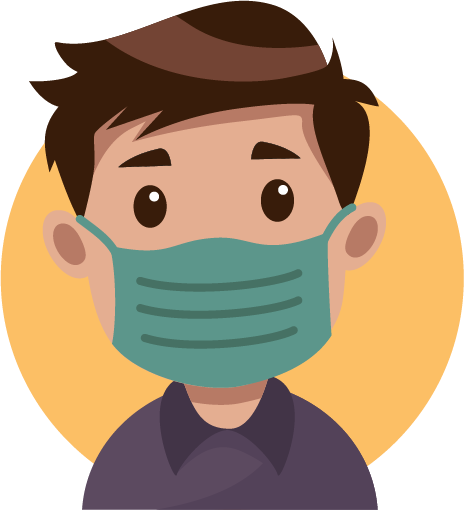
wear a mask
Masks and face coverings can prevent the wearer from transmitting the COVID-19 virus to others and may provide some protection to the wearer. Multiple studies have shown that face coverings can contain droplets expelled from the wearer, which are responsible for the majority of transmission of the virus.

